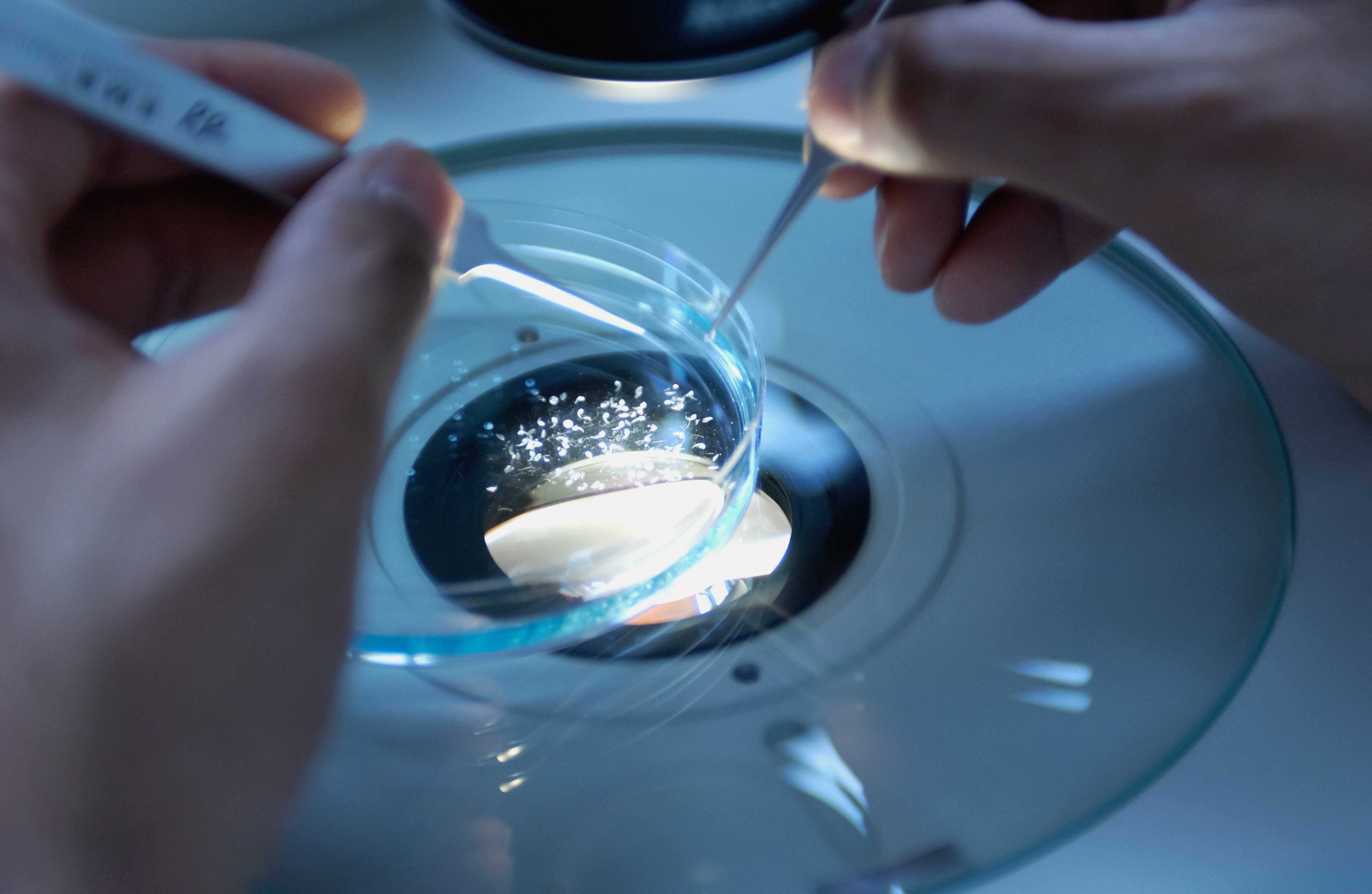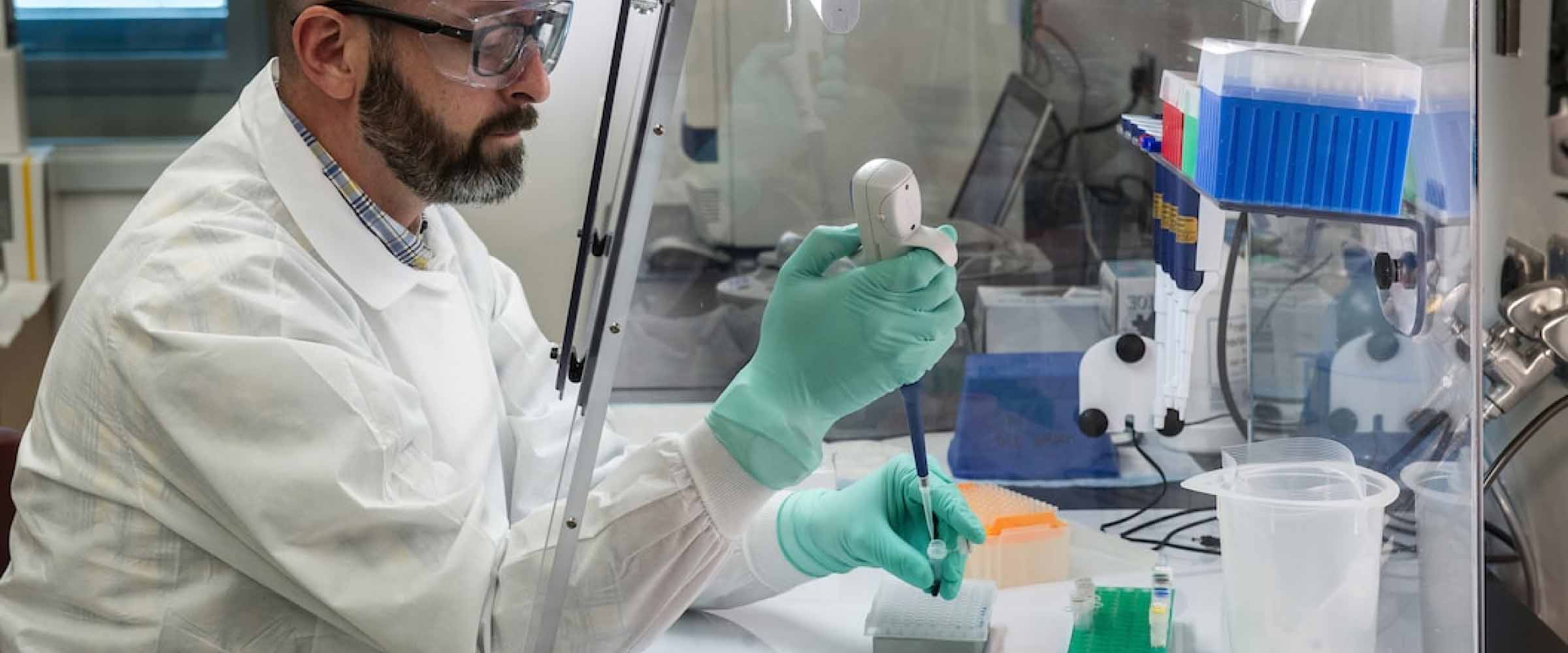Taconic offers over 4600 genetically engineered models (GEMs) including proprietary transgenic mice, knockout models, and repositories from various entities. Live GEMs are immediately available, many under simple licensing terms. Cryopreserved lines can be delivered in 14-16 weeks, and a single purchase price provides cryorecovery, a deliverable of four mutant animals and perpetual use rights.
Genetically Engineered Models (GEMs)
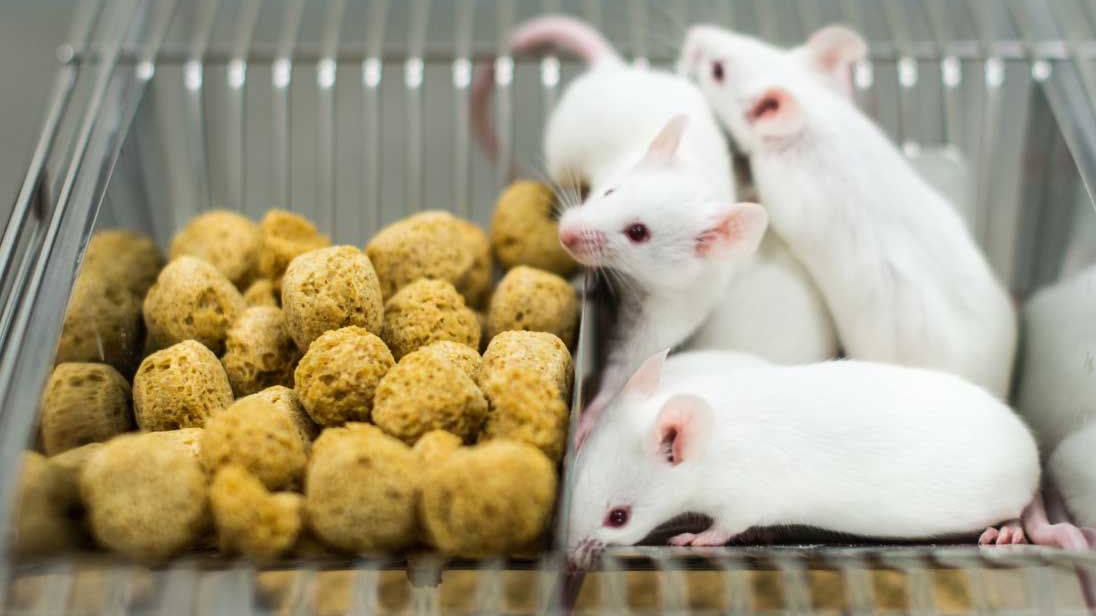
- Live GEMs
- Cryopreserved GEMs
- Featured Models: NOG Portfolio
- Featured Model: rasH2 mice
- Featured Models: Transgenic HLA mice
Live GEMs
Taconic Transgenic Models (TTMs)
- Available off-the-shelf in typical study quantities with full use rights
- Sold under simple license terms with no license fees or signatures required
- Colonies are sized to provide typical cohorts with minimal lead time
- Widely used in ADME, metabolic and cardiovascular disease, neurodegeneration, short-term carcinogenicity bioassays, immunology, and oncology studies
- All TTMs may be purchased directly by CROs for use in contract studies
Other live GEMs
Terms for other lines vary; see individual product pages. Some models are sponsored for distribution by third parties such as the Michael J. Fox Foundation or The ALS Association.
Cryopreserved GEMs
Taconic offers thousands of cryopreserved GEM lines accessed via simple Terms of Sale which grant perpetual use rights. A single purchase price provides cryorecovery and a deliverable of four* mutant animals at the Murine Pathogen Free™ health standard within 14-16 weeks. Taconic can work with you to quickly scale up to meet your study cohort needs and manage your colony.
Available cryopreserved models come from many sources, including two specific collections:
Knockout Repository
The Knockout Respository (KOR) collection consists of over 4,000 fully licensed knockout mouse models generated by Lexicon Genetics, Inc. via gene targeting and gene trapping. Most lines are on a mixed 129S5 x C57BL/6J-Tyrc-Brd background. Comprehensive Phenotypic Data Packages are available for purchase for Knockout Repository lines.
The GEM Collection
The Genetically Engineered Models (GEM) Collection offers access to several hundred proprietary GEM lines, generated by a pharma company, primarily on a C57BL/6 genetic background. The collection contains conditional and constitutive knockout (KO) mice, transgenic over-expressing lines, and conditional and constitutive targeted transgenic lines. These lines are available to non-profit researchers at a subsidized price.
* In rare cases involving models with recombinases or multiple genetic modifications, this deliverable may be reduced to 1-2 mice.
The Knockout Repository models utilize proprietary embryonic stem (ES) cells bearing a genetically engineered mutation. Mutant ES cells are obtained through two complementary, proven technologies: Gene Targeting and Gene Trapping.
Gene Targeting
Gene targeting by homologous recombination in mouse ES cells enables generation of highly specific alterations in targeted genes. It is a widely used and versatile method for the generation of knockout mouse lines.
Targeting vectors are constructed either via the aid of a phage murine 129/SvEv genomic library, or directly via long-range PCR methods. The final targeting vectors typically contain around 10 kilobases of overall sequence homology flanking the deleted region for the gene of interest. An ES cell positive selection cassette, usually containing a LacZ expression marker, is also used in combination with negative selection cassettes in the targeting vector backbones. These technologies, along with the power of using isogenic DNA, allow high average targeting frequencies. Gene targeting was used to generate approximately half of the existing knockout mouse lines available.
Gene Trapping
Gene trapping is a high throughput method of generating knockout mouse clones. It is a method of random mutagenesis by which the insertion of a DNA element into endogenous genes leads to transcriptional disruption. Unlike gene targeting by homologous recombination, a single gene trap vector can be used to mutate thousands of individual genes in mouse ES cells, as well as enable the rapid identification of the mutated genes.
The retroviral gene trap vectors contain a splice acceptor sequence followed by a promoter-less selectable marker. Insertion of the retroviral vector into an expressed gene leads to the splicing of the endogenous upstream exons into this cassette to generate a fusion transcript. The vectors also contain a promoter that is active in ES cells, followed by a first exon (such as that of the Bruton's Tyrosine Kinase gene, BTK) upstream of a splice donor signal. Splicing from this signal to the exons downstream of the insertion gives rise to a fusion transcript that can be used to generate a sequence tag of the trapped gene. The BTK gene also contains termination codons in all reading frames to prevent translation of downstream fusion transcripts.
The knockout models are designed to be null alleles. Due to compensatory genetic mechanisms, knockout status cannot be guaranteed and will have to be confirmed by the customer. Some validation data can be found in our phenotypic data packages.
Understanding the phenotype associated with a targeted or gene trapped mutation is essential for identifying and selecting drug targets or studying symptoms of human diseases. Taconic enables you to jumpstart your research by offering off-the-shelf phenotypic data packages for all of the Knockout Repository lines. These phenotypic data were collected at the time that the line was generated. Cohorts of animals were developed and tested in a comprehensive battery of assays that were fully validated with benchmark knockouts and/or drugs to confirm their reliability and reproducibility. Phenotypic assays are focused on six main disease areas:
- Cancer
- Cardiovascular Disease
- Immune System Disorders
- Metabolic Disorders
- Neurological Disorders
- Ophthalmology
Q. What health standard is guaranteed for the mice delivered?
A. Murine Pathogen Free™ (MPF™). Mice at a more restrictive health standard may be delivered upon request and at additional cost.
Q. How many mice will the customer receive?
A. The customer will receive at least 4 mutant mice. In rare cases that the cryopreserved material also contains a recombinase gene, this may be reduced to 1-2 mutant mice.
Q. Can Taconic send cryopreserved materials such as sperm or embryos to the customer in lieu of live mice?
A. No. Cryopreserved materials are the property of Taconic or the Sponsor and may not be provided directly to customers.
Q. What happens if none of the mice sent are fertile?
A. Taconic cannot warranty individual mice for fertility. Mice are provided within the optimal breeding age range. Heterozygous mutants are less likely to have fertility problems compared to homozygous mice. Taconic recommends that customers consider doing at least one round of expansion by breeding the received heterozygous mice to wild type prior to intracrossing to homozygosity to reduce the chance of problems propagating the mice received. Taconic will discuss environmental and husbandry factors with the customer to determine whether there may be an external problem.
Q. What happens if the mice die in shipment?
A. Customers must inform Taconic in the event the mice die during transit or within 24 hours of receipt. Taconic will attempt to replace the shipment using mice available. Customers should unpack and inspect all shipments of mice immediately after arrival. Mice that arrive dead or in poor health should be reported within 3 days by the receiving institution. Taconic does not have control over housing and environmental conditions in recipient facilities and thus cannot be held responsible for mice that die more than 24 hours after receipt.
Q. If a customer wishes to perform a RapidEXPANSION™ package to expand a line, must they separately pay the cryorecovery package fee?
A. The price shown on the model page is due upon completion of cryorecovery. Any additional services such as a RapidEXPANSION™ are an additional service which will be billed in addition to the basic package.
Q. Can GEM Collection lines be crossbred or further modified?
A. The GEM Collection Terms of Sale permit breeding, crossbreeding and other further modifications of the model.
Q. What is the timeline to receive deliverables?
A. Once the appropriate agreement has been executed and the customer has provided a PO, the timeline is approximately 14-16 weeks until live mice are ready for shipment. Mice are provided at 6-12 weeks, which is the optimal breeding age.
Q. How long is the term of the agreement?
A. The GEM Collection Terms of Sale grant perpetual use rights to commercial customers. Any models previously distributed under an academic MTA are subject to term restrictions in that MTA.
Featured Models: NOG Portfolio
A unique portfolio with broad applications built upon the super immunodeficient CIEA NOG mouse®
The NOG mouse is a widely used and versatile super immunodeficient mouse which offers many advantages over standard nude and scid strains, particularly for engraftment of challenging cell lines, patient-derived xenografts, and immune system humanization.
The NOG mouse is the base of a flexible platform which includes a variety of next-generation models which have specific utility as well as several different types of humanized immune system (HIS) models.
Featured Model: the rasH2™ mouse
- Faster time to market with new drugs
- Lower project costs
- Many fewer animals required
- Clearer results
Featured Models: Transgenic HLA mice
Taconic Biosciences offers an exclusive portfolio of transgenic rodents which express human HLA molecules.
Transgenic mice that express chimeric human HLA molecules represent a unique in vivo experimental model for evaluating human immune system function, and they are commonly used in vaccine and immuno-oncology research. The comprehensive Taconic Transgenic HLA model portfolio provides excellent coverage across HLA class I supertypes as well as an exclusive HLA class II supertype model, which are all available under simple use terms without license fees.
Find Your Solution
Start a search and use the filters to learn more.
- Products & Services
- Resources
Get In Touch
Book a complimentary consultation or get support for an existing order
If you need immediate assistance, please contact Customer Service:
Taconic Corporate Offices
Email: info@taconic.com
Phone: +1 (518) 697-3900
273 Hover Ave., Germantown, NY 12526
North American Customer Service
Email: info@taconic.com
Phone: +1 (518) 697-3915
Toll-free: +1 (888) 822-6642
Hours: (Monday - Friday): 7 a.m. - 6 p.m. ET
European Customer Service
Email: info@taconic.com
Phone (Europe and Denmark): +45 70 23 04 05
Phone (Germany): +49 214 50 68 023
Hours: (Monday - Friday): 7 a.m. - 5 p.m. CET
Welcome! Tell us a little about yourself


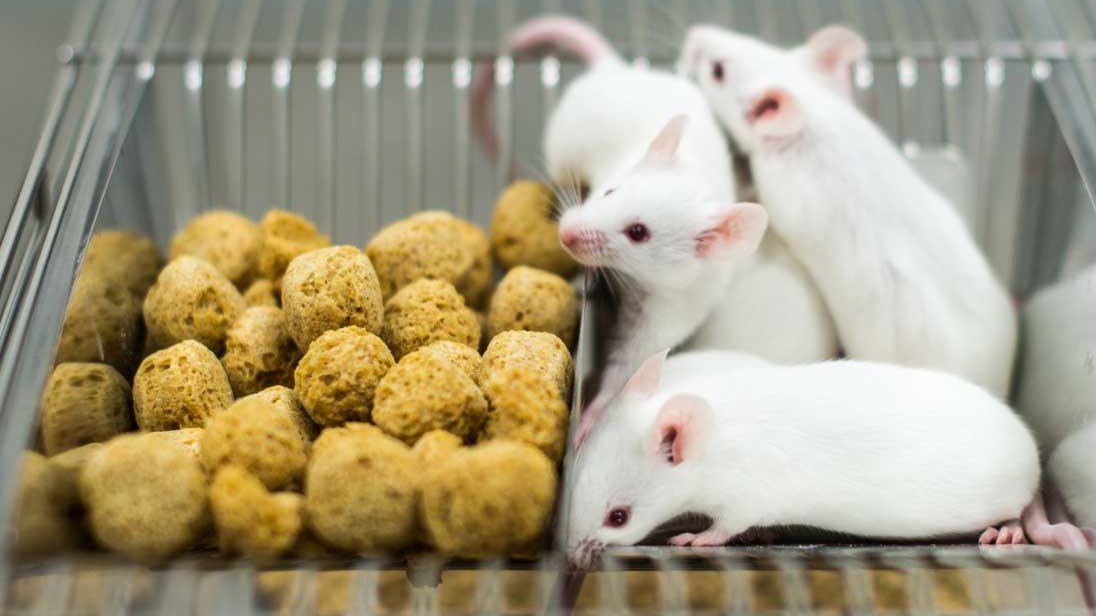
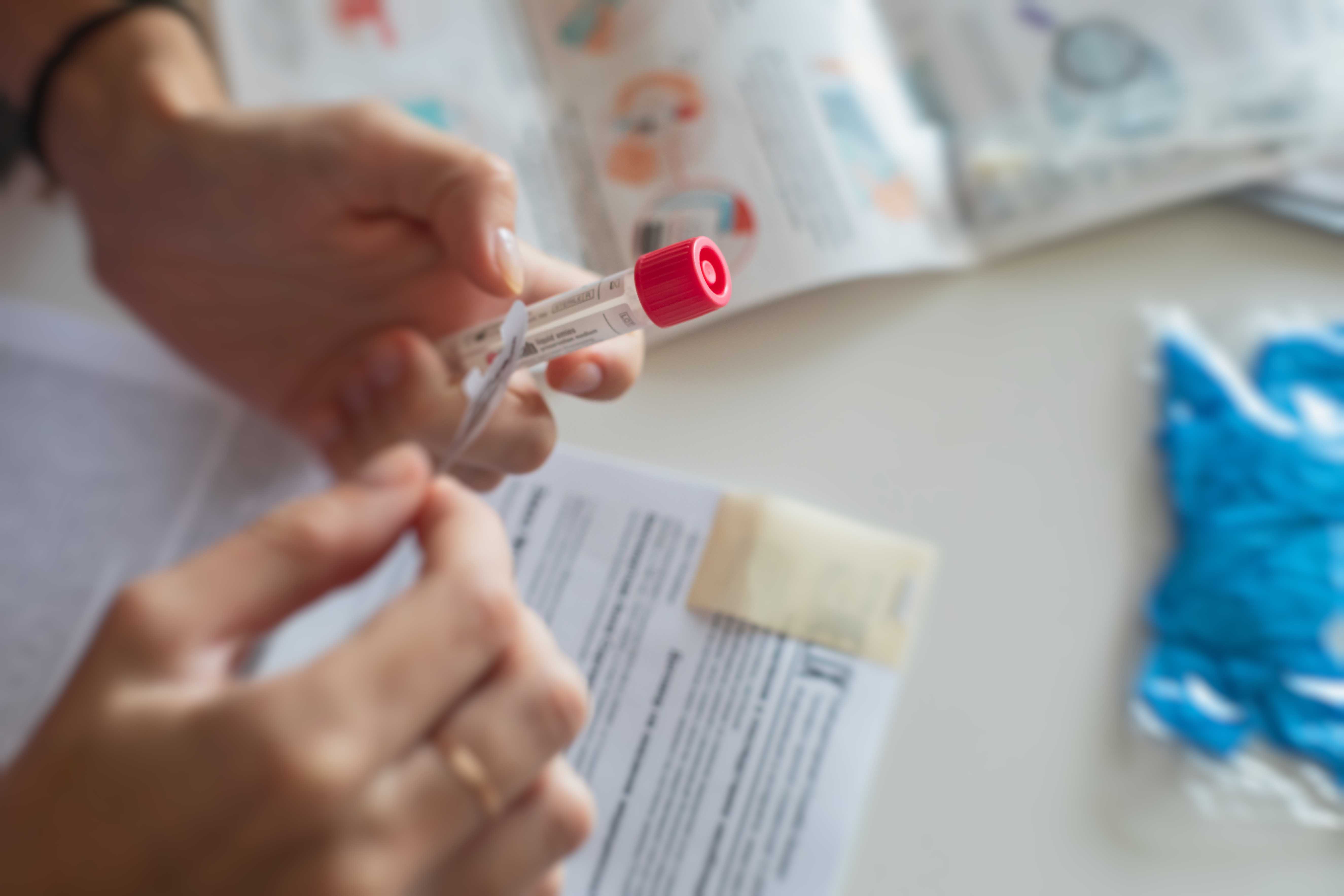

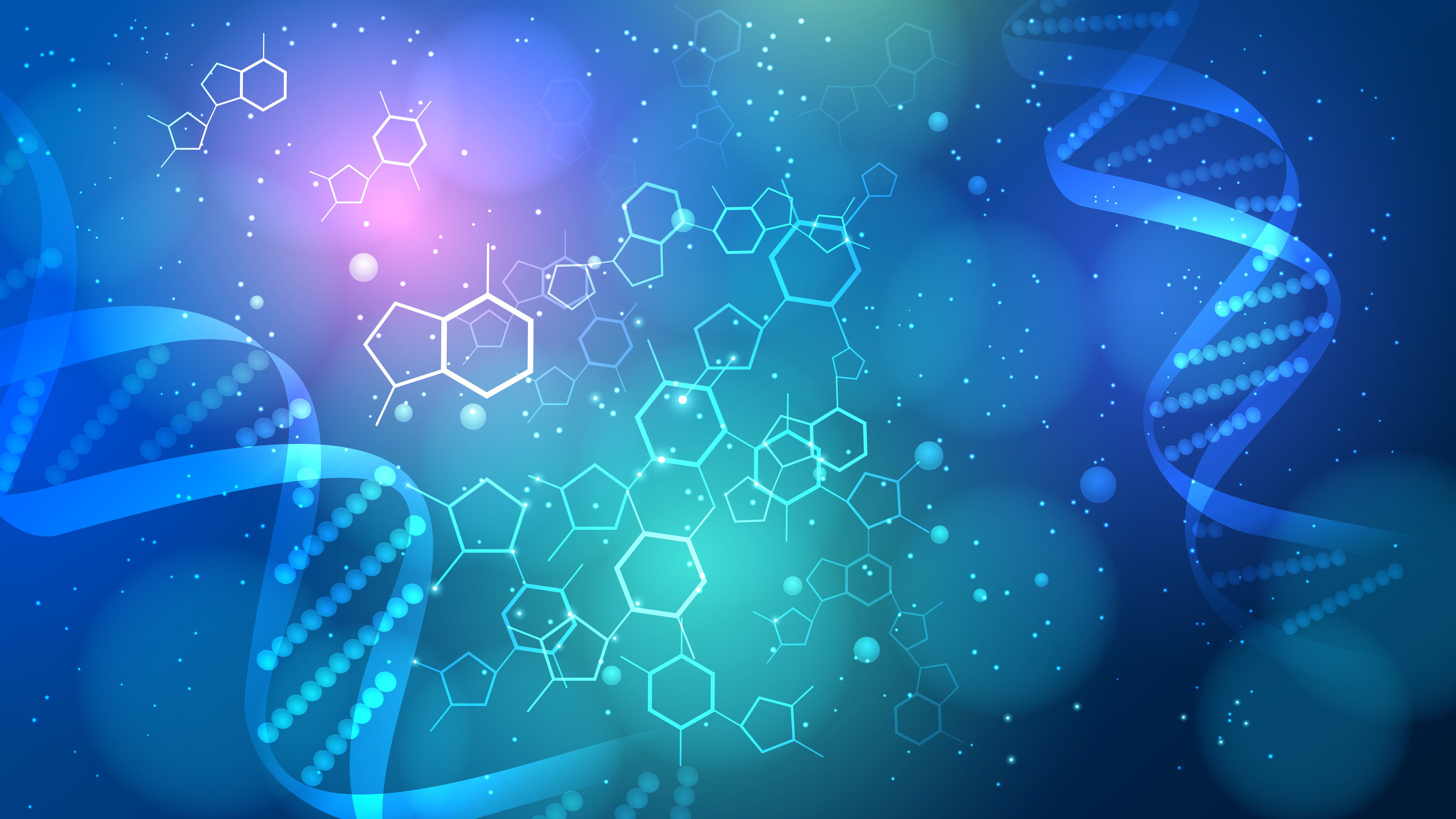
.jpg)
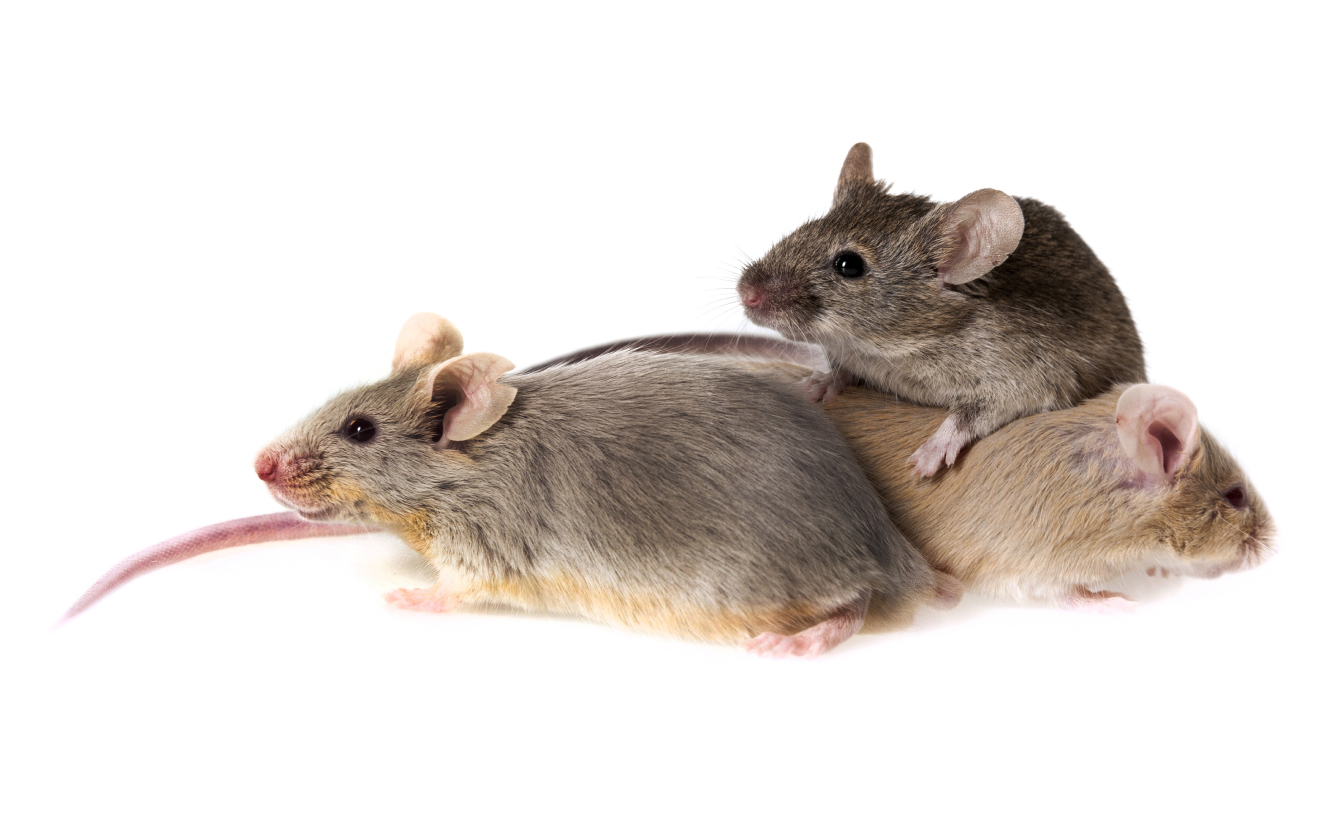
.jpg)
.jpg)
.jpg)
.jpg)
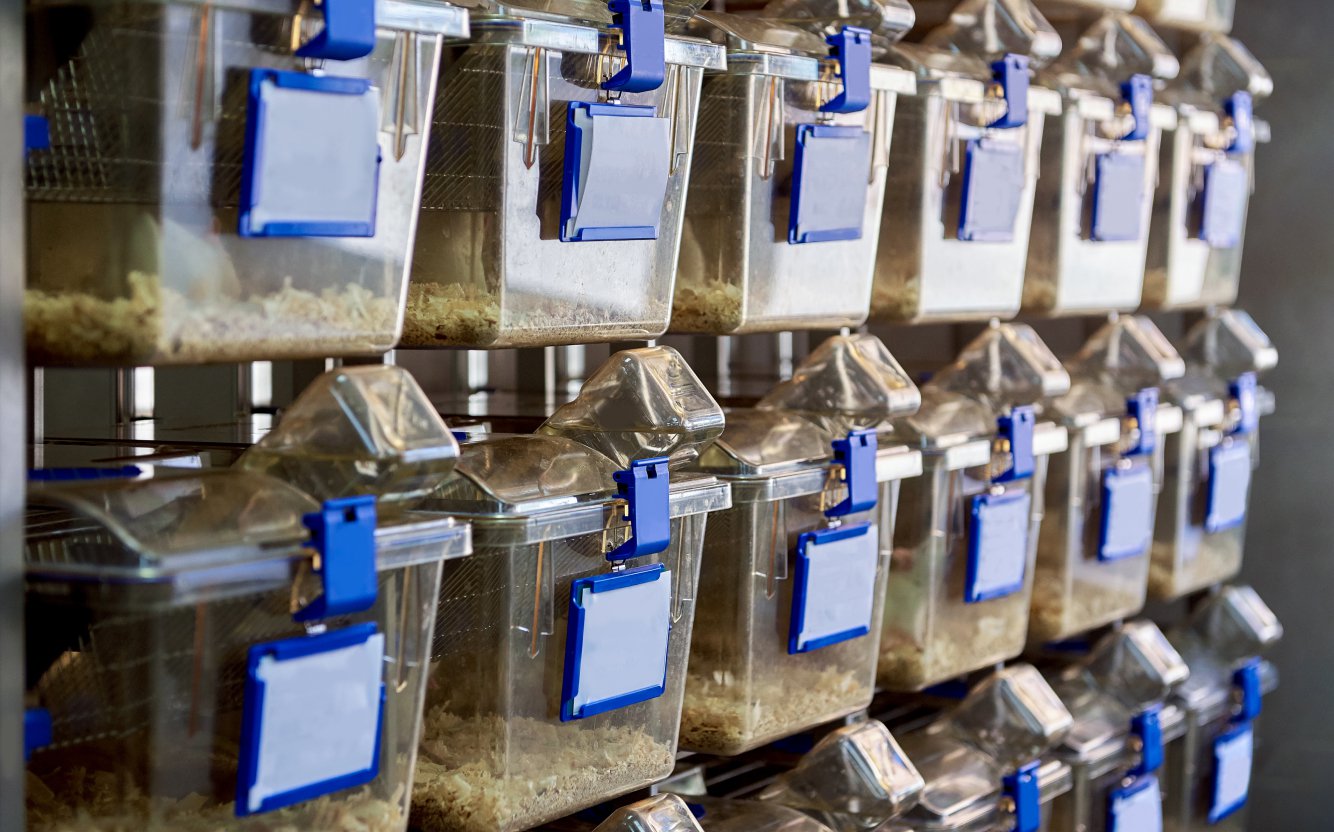
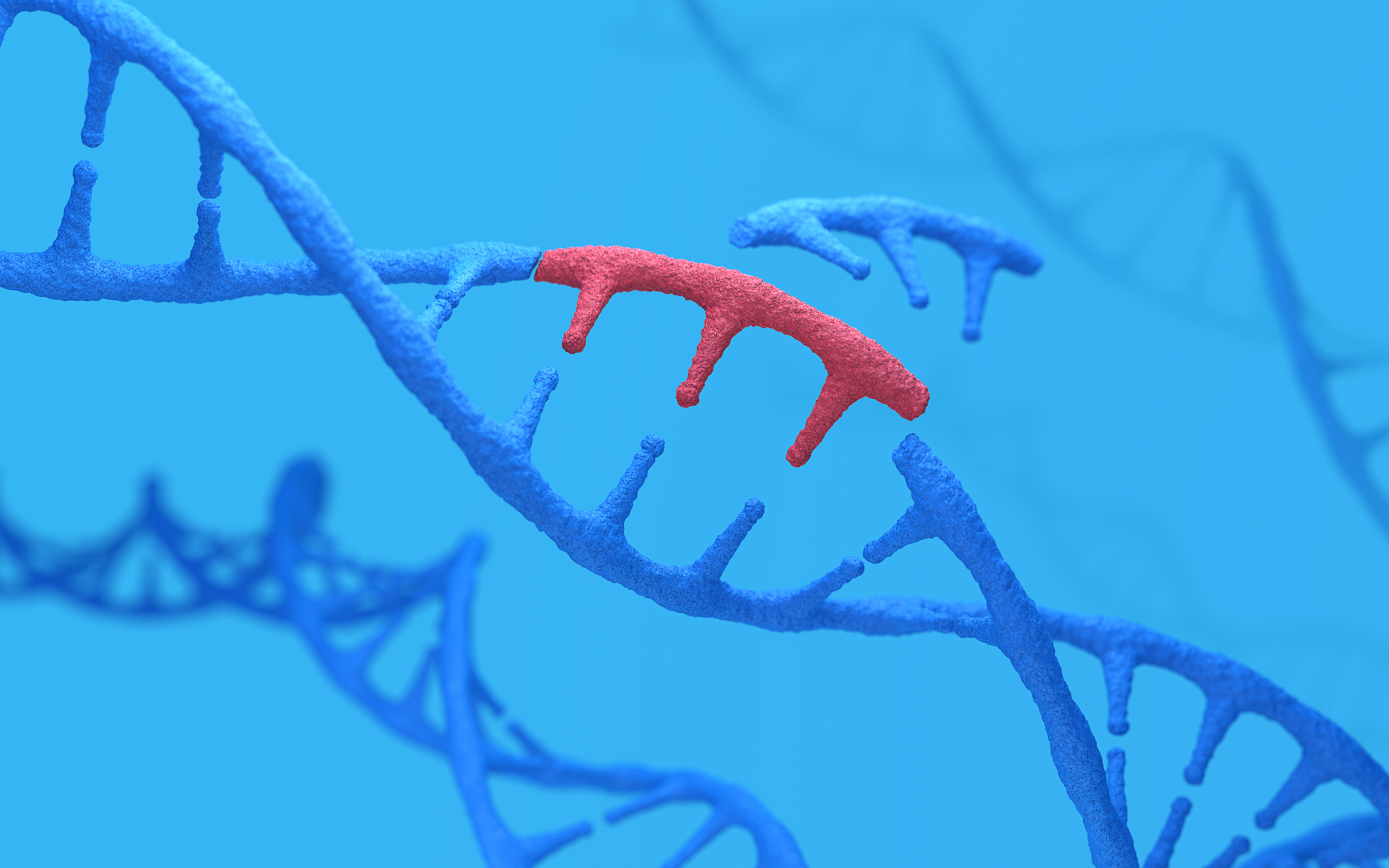
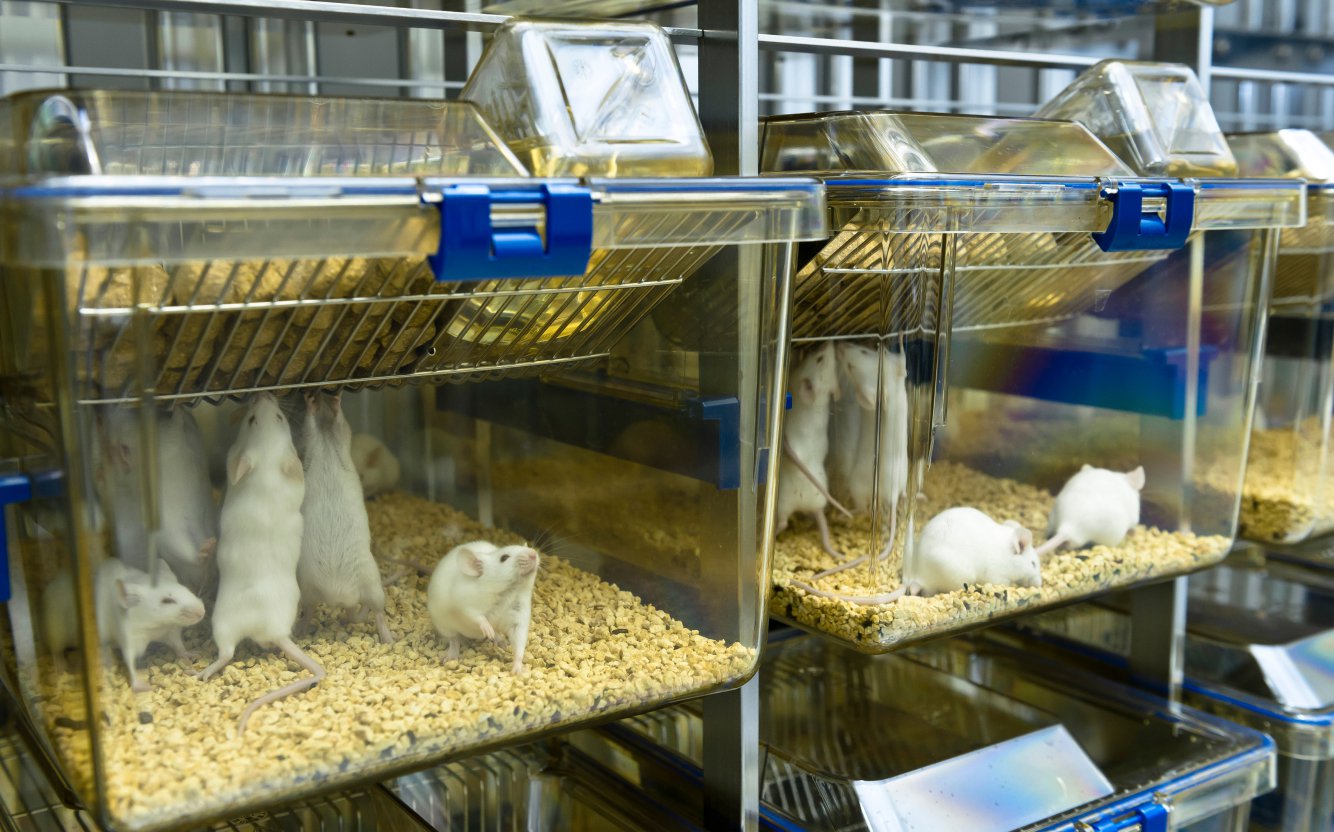

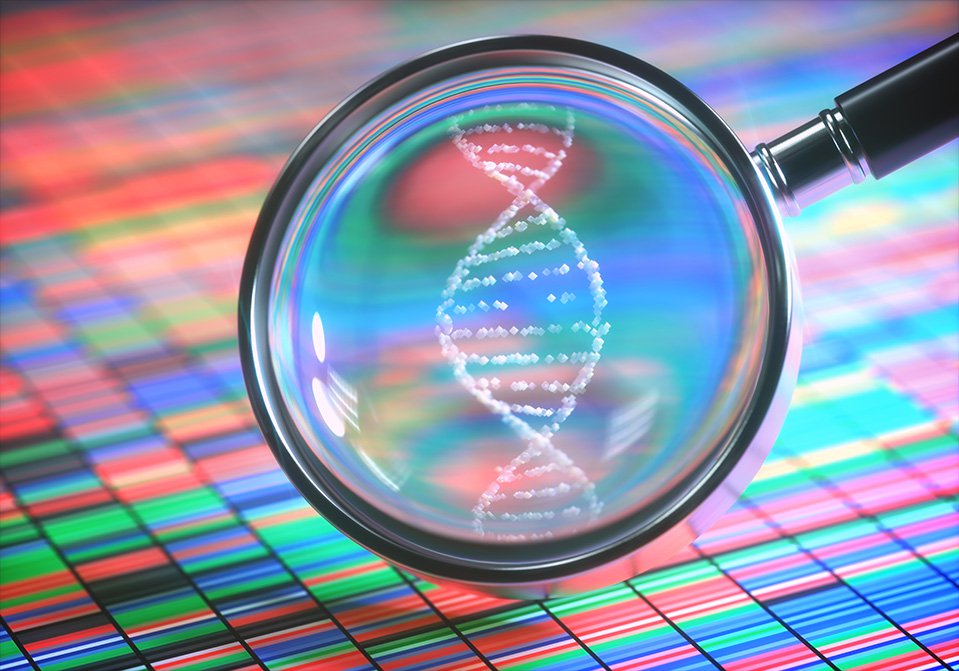
.jpg)
.jpg)


.jpg)
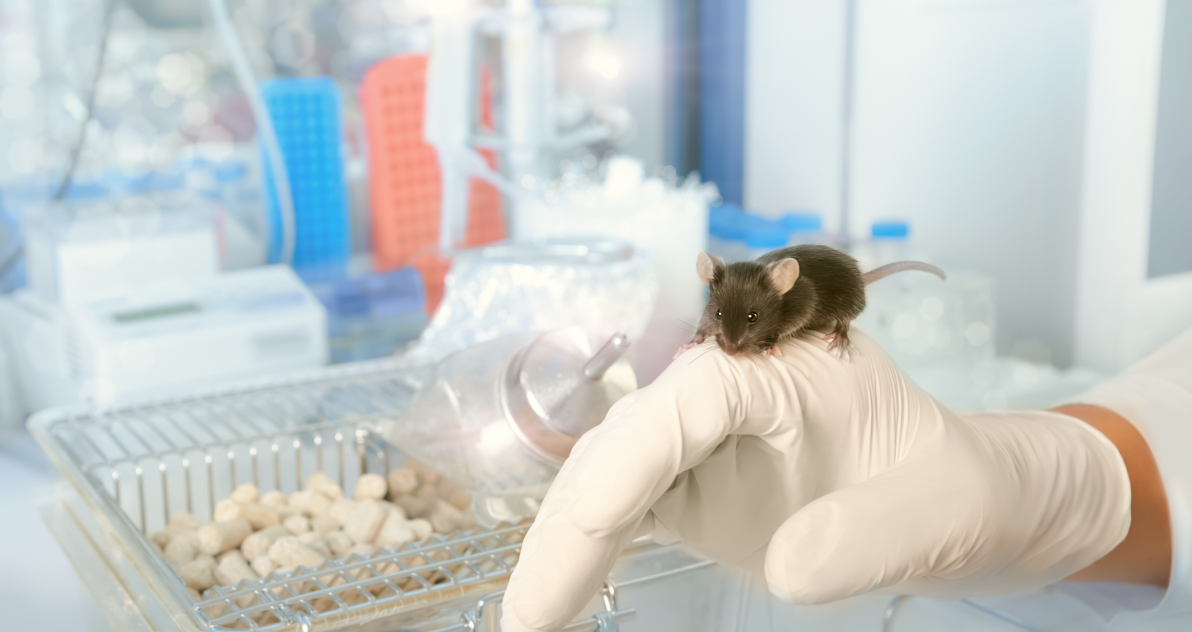
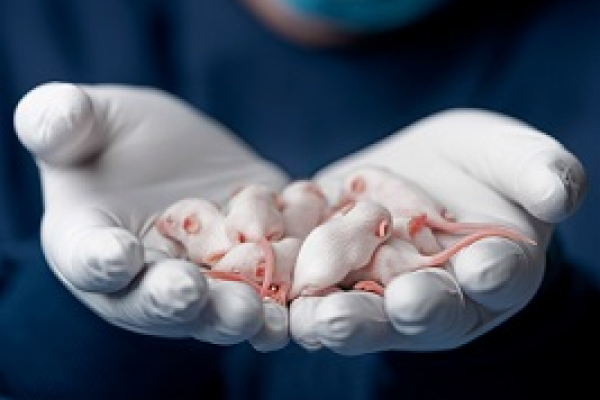

.jpg)
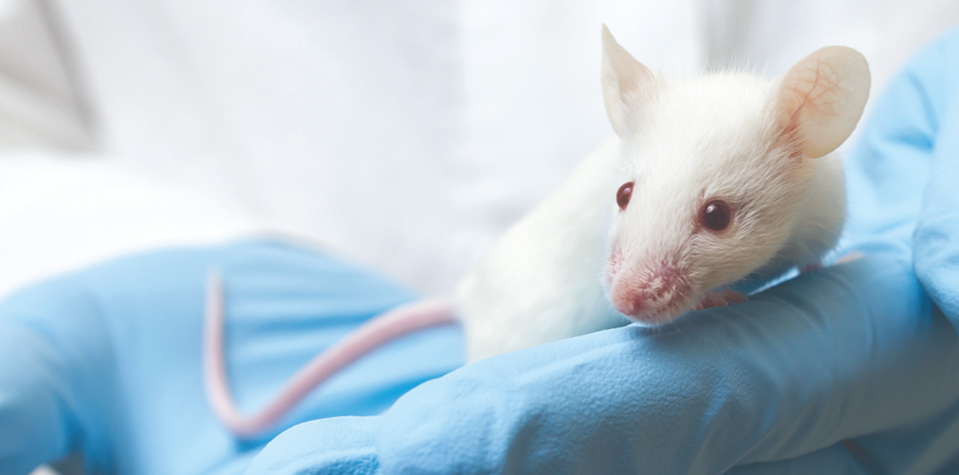

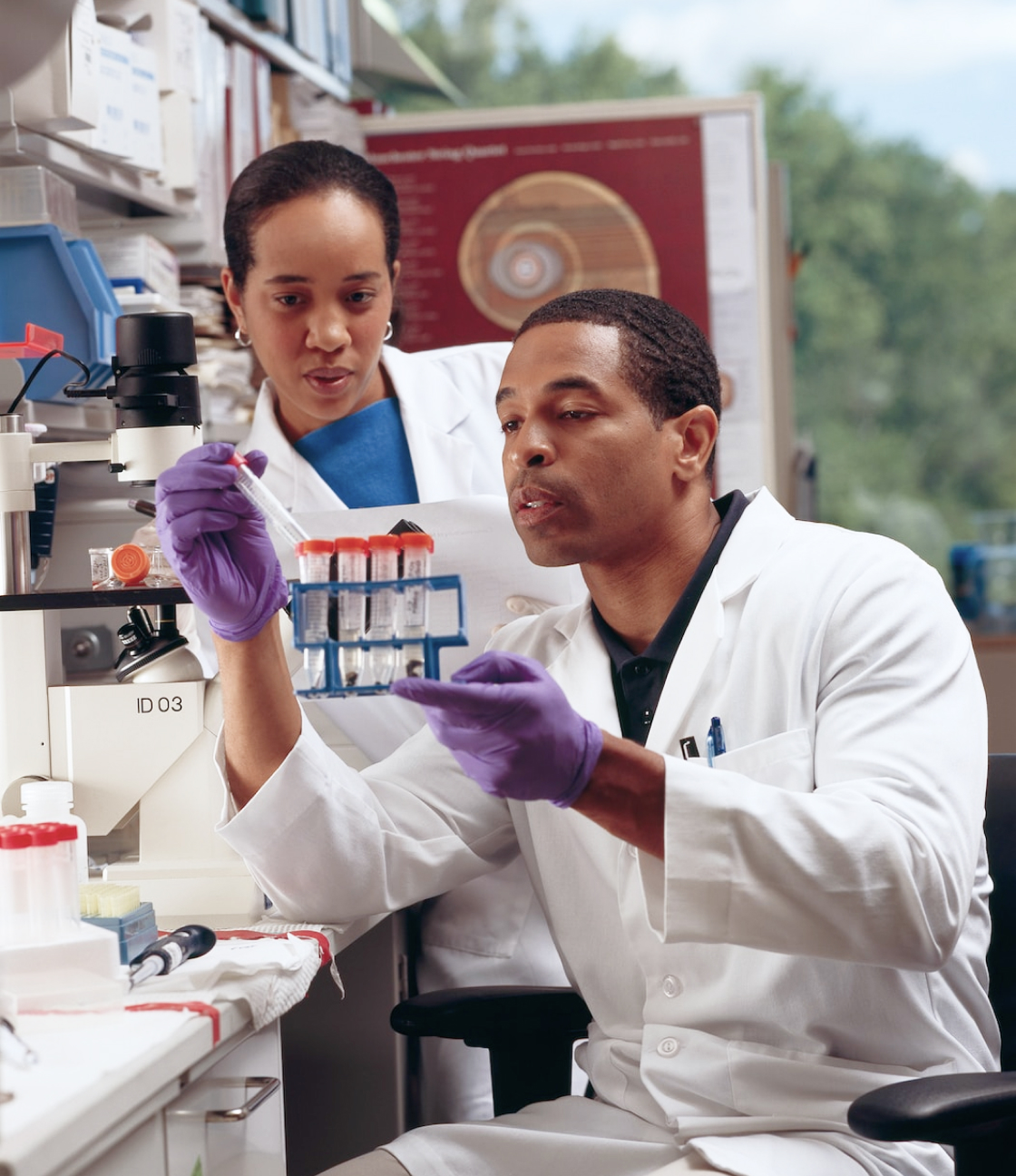
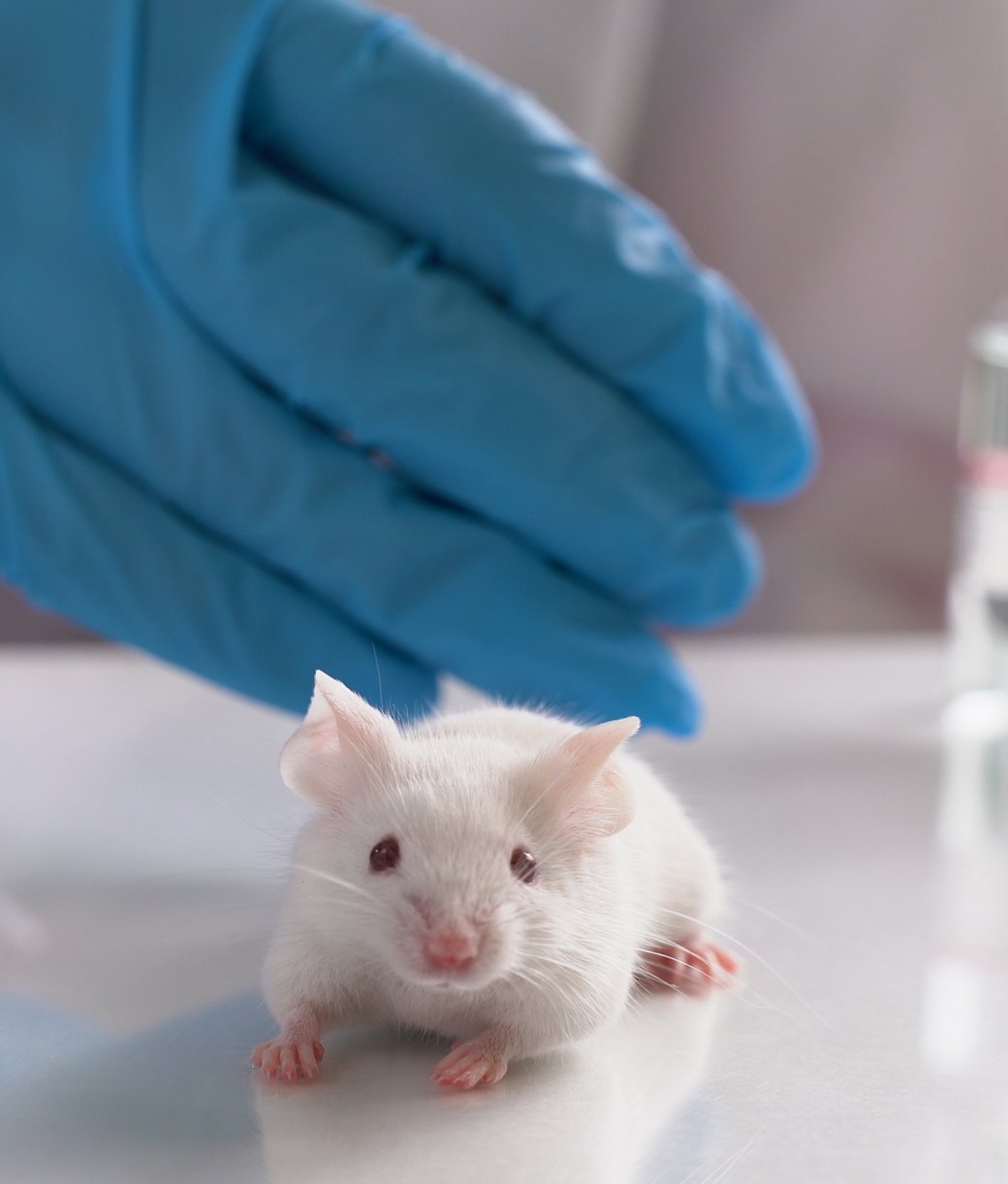
.jpg)

.jpg)
.jpg)
